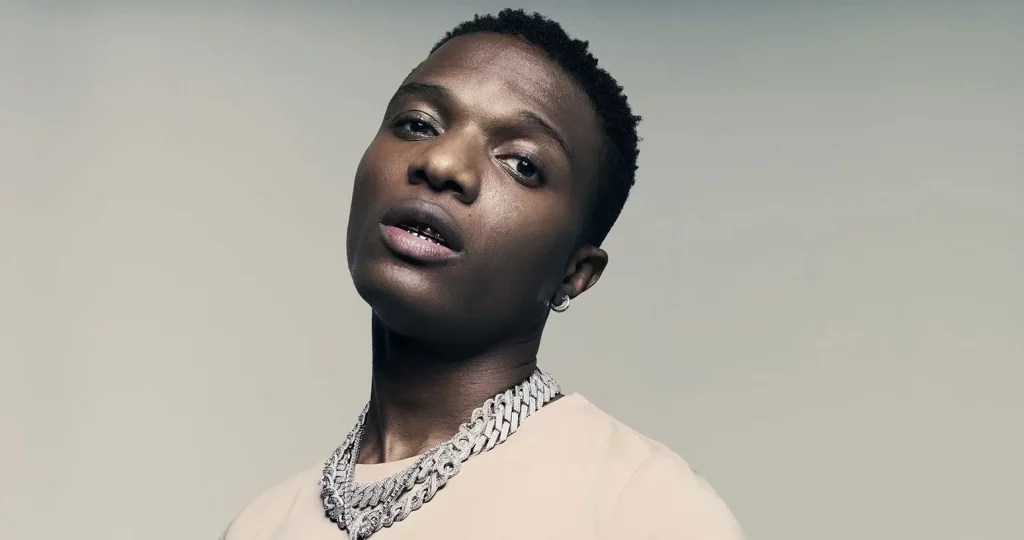African music is as diverse as the continent itself, with each region boasting its own unique rhythms, melodies, and instruments. From the mesmerizing beats of West African drumming to the soulful melodies of East African singing, traditional African music has long been a source of cultural pride and identity.
Challenges Facing Traditional African Music
Despite its rich heritage, traditional African music faces numerous challenges in the modern world. Globalization, urbanization, and the influence of Western culture have led to a decline in the popularity and practice of traditional music forms. Many young Africans are more familiar with Western pop and hip-hop than their own cultural musical traditions.
The Revival of Folk Artists
In recent years, there has been a growing movement to revitalize traditional African music, led by a new generation of folk artists. These musicians are passionate about preserving their cultural heritage and bringing traditional music into the mainstream. Through their creativity and innovation, they are breathing new life into ancient musical traditions.
Incorporating Modern Elements
While folk artists are committed to preserving traditional African music, they are also not afraid to experiment with modern elements. Many incorporate contemporary instruments, such as electric guitars and synthesizers, into their performances, creating a fusion of traditional and modern sounds. This blend of old and new attracts younger audiences while still honoring the roots of African music.
Empowering Local Communities
One of the most significant impacts of the revitalization of traditional African music is its role in empowering local communities. Folk artists often hail from rural areas where traditional music is deeply ingrained in everyday life. By promoting and performing traditional music, these artists are not only preserving their cultural heritage but also creating economic opportunities for themselves and their communities.



